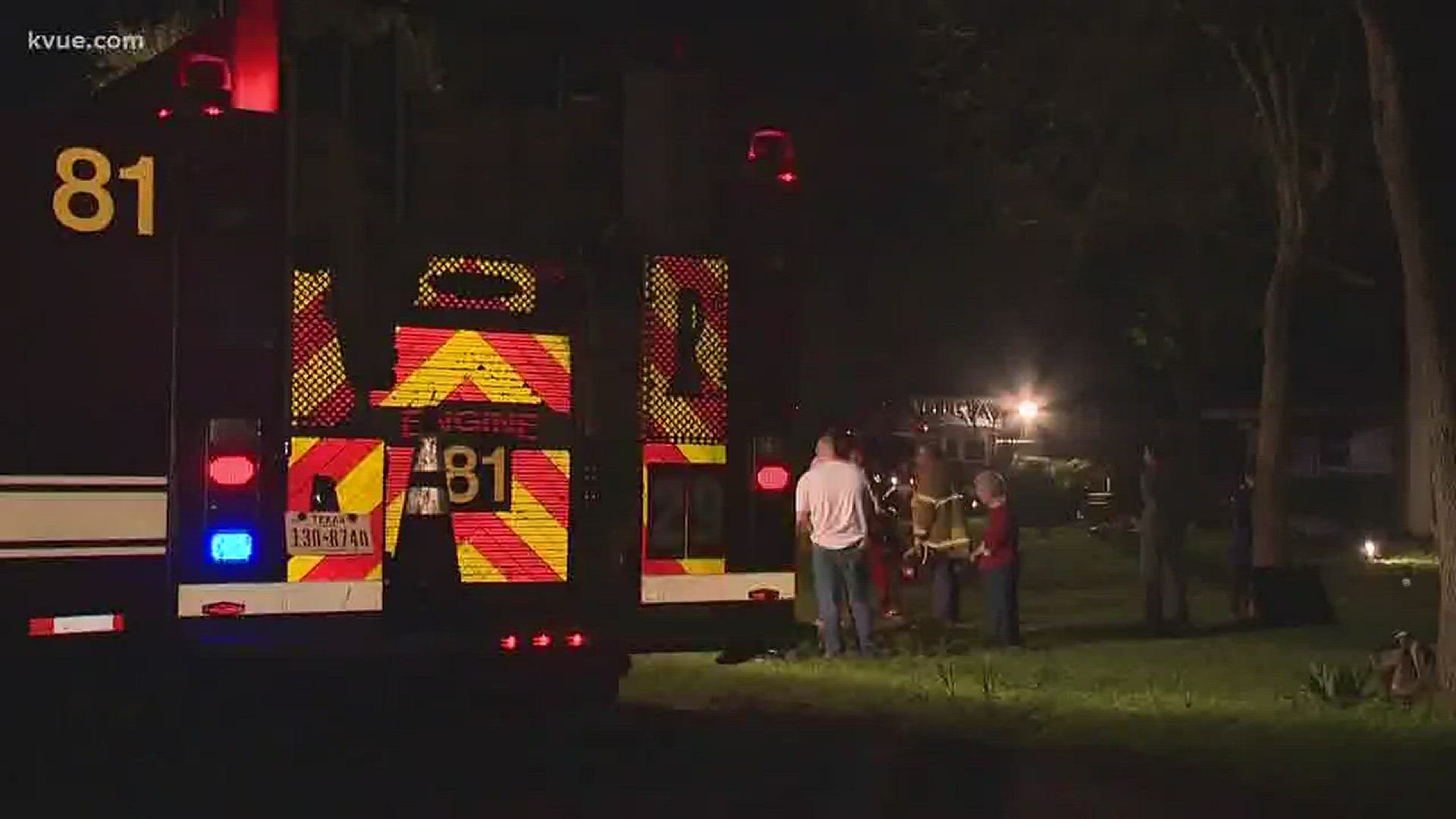The life of a firefighter comes with a multitude of risks, and now studies have shown firefighters are also at a higher risk for certain types of cancer. That's why the Austin Firefighters Association is partnering with Cancer Dogs, a group that organizes cancer screenings with the help of specially trained dogs
Day after day, firefighters are exposed to the harsh and hazardous conditions.
“It's a chemical soup that's heated up. It's really nasty: the stuff that you get on your skin and your eyes, and in your nose and nasal passages,” Austin Firefighters Association President Bob Nicks said.
Mixtures of toxic fumes like carbon monoxide and chemicals found in homes and buildings, act as carcinogens -- resulting in a higher risk of developing cancer. A CDC study shows digestive, oral, respiratory, and urinary cancers were some of the most common types among firefighters.
"If we are very contaminated... we get our gear cleaned right away. They send us back to get showered, all that's really good,” Nicks said.
But he said more needs to be done.
The Austin Firefighters Association is one of more than 100 fire departments in North America, including Fort Worth, Dallas and San Antonio, getting help from the Canada-based organization Cancer Dogs. They’re an experimental trial group that has been operating over the last few years. They specifically work with firefighters using highly trained dogs that sniff out signs of cancer
“There's been lots of scientific journals and articles about dogs detecting cancer but it had gone largely ignored,” Cancer Dog Director Glenn Ferguson said. “This is life-saving technology. It's just like how we find dogs to find people in a disaster for search and rescue. It's very important work and dogs are capable of doing this and [are] recognized for that ability.”
He says his six hounds and beagles were trained by using breath samples from cancer patients before they started treatment to teach them how to target smell.
"We place those samples amongst controls of healthy people and people who have other medical conditions so the dogs can find cancer, but also ignore other medical issues."
All you have to do is breathe into a mask provided in their kit for 10 minutes.
“We place the masks in the pull bottles, put them in trays and put them on what we call a sniffing station,” Ferguson said.
Ferguson says this process offers over 60 percent sensitivity for finding cancer.
"These detections that turn out not to be cancer are pre-cancer," he added.
Nicks said it isn't to deter people away from seeing their doctors, but a push in the right direction.
"The Cancer Dog program is a good extra tool in the toolbox, but it's not everything. It is something that can help you go down that next step to take additional testing," Nicks said.
Ferguson said they have hit some challenges along the way to prove themselves to medical doctors.
"They've never encountered this. They're used to people who have symptoms. They're used to seeing a mass on an image and biopsying it, and now we're getting an intelligence from these dogs a lot sooner. And now we have to look at what treatments or therapies to participate in to avoid cancer treatment as we know it," he said.
The group hopes their work with firefighters will model what they can offer the public in the future.

